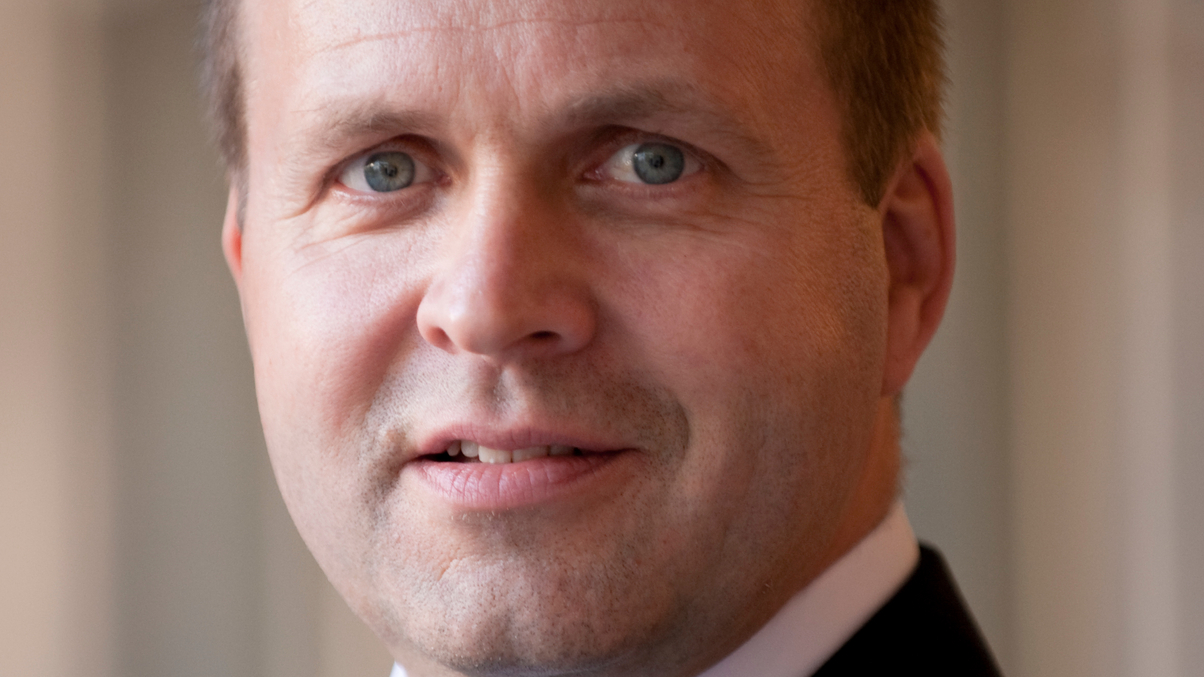China, Japan finish bottom of global pension index
Both must raise the state pension age to account for rapidly aging populations, notes consultancy Mercer in its 2010 index, which ranks systems based on adequacy, sustainability and integrity.

Japan and China need to raise the state pension age to reflect rapidly aging populations and longer life expectancy, concludes consultancy Mercer after releasing its Global Pension Index 2010.
Sign in to read on!
Registered users get 2 free articles in 30 days.
Subscribers have full unlimited access to AsianInvestor
Not signed up? New users get 2 free articles per month, plus a 7-day unlimited free trial.
¬ Haymarket Media Limited. All rights reserved.


